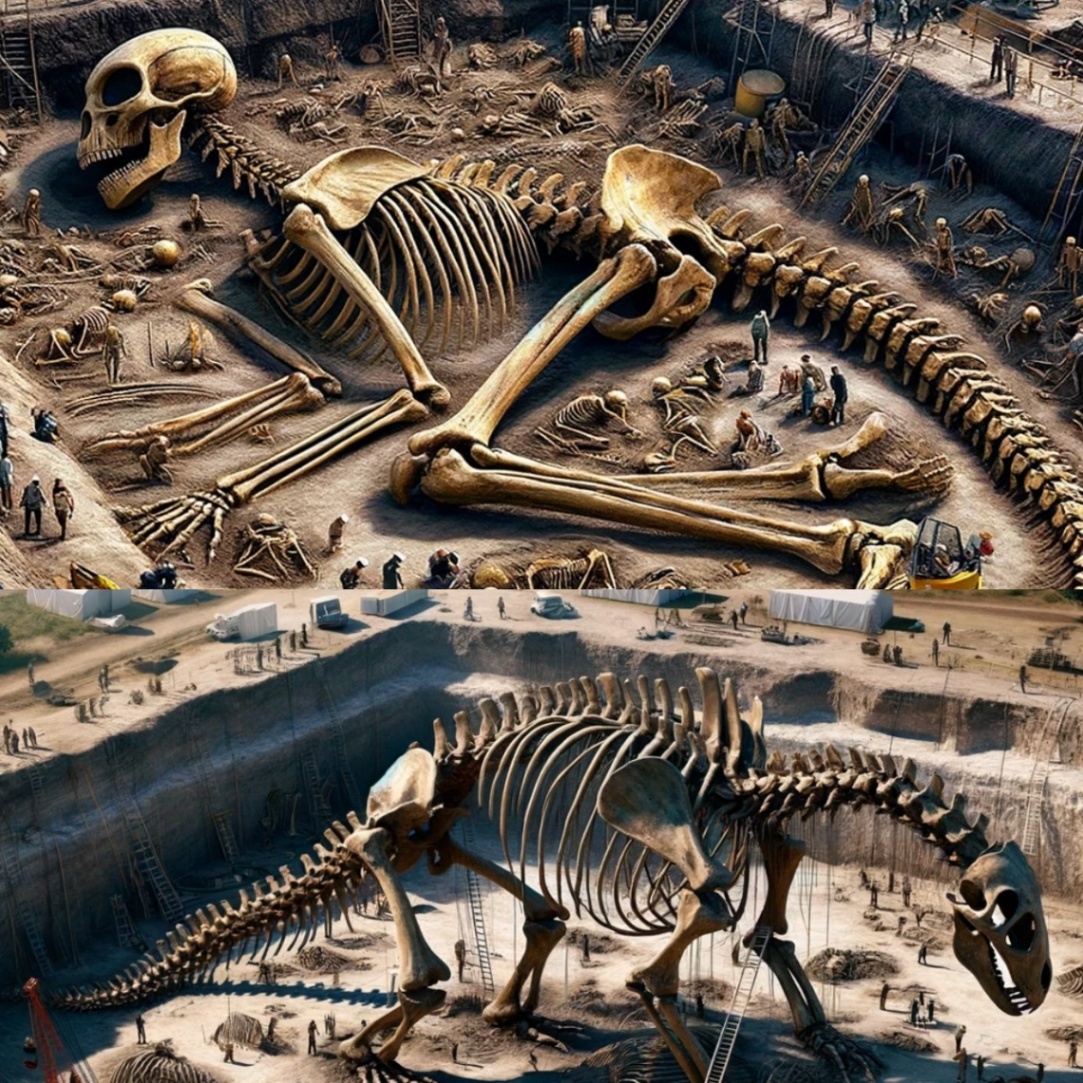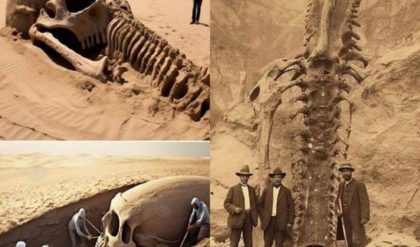
In a groundbreaking discovery that has sent shockwaves through the scientific community, researchers have reportedly found human remains light-years away from Earth. This astonishing revelation, if confirmed, could fundamentally alter our understanding of human history and our place in the universe.
The discovery was made by an international team of astronomers using advanced telescopic technology capable of capturing high-resolution images of distant celestial bodies. The team was investigating an exoplanet in a nearby star system when they detected what appeared to be skeletal structures resembling human remains. The exoplanet, located several light-years from Earth, has been the subject of intense study due to its Earth-like characteristics, including a similar atmosphere and the presence of water.
Dr. Elena Martinez, the lead scientist on the project, shared her excitement and cautious optimism. “This could be one of the most significant discoveries in human history,” she stated. “While we need to conduct further analysis to confirm the findings, the initial data is incredibly compelling.”
The implications of this discovery are profound. If these remains are indeed human, it could suggest that humans or human-like beings once traveled to or originated from other parts of the galaxy. This raises numerous questions about the origins of humanity and the potential for ancient, advanced civilizations that existed long before our recorded history.
The scientific community is urging caution and rigorous verification of the findings. Skeptics argue that the structures could be misidentified natural formations or remnants of other biological entities. However, the team is confident in their preliminary analysis and is planning additional missions to gather more data.
This discovery also opens up new avenues for the search for extraterrestrial life. If human remains can be found on distant planets, it significantly increases the likelihood of finding other forms of life beyond our solar system. It challenges the long-held notion that Earth is the sole cradle of human civilization.
As the scientific world waits with bated breath for further verification, the discovery has already captured the imagination of the public. Speculation about the nature of these remains and what they could mean for our understanding of human history and extraterrestrial life is running rampant.
In conclusion, the potential discovery of human remains light-years away marks a revolutionary moment in the field of astronomy and human history. While further analysis is needed to confirm the findings, the initial evidence suggests that our understanding of humanity’s place in the cosmos may be on the verge of a monumental shift.





